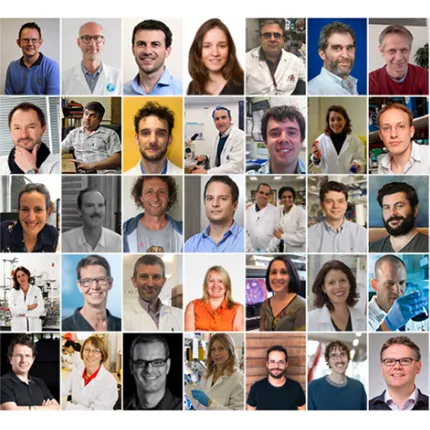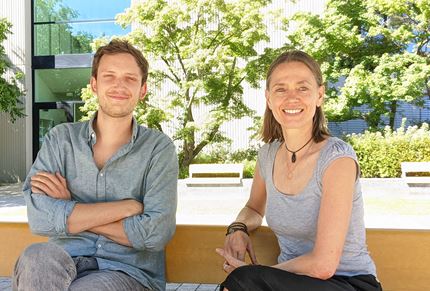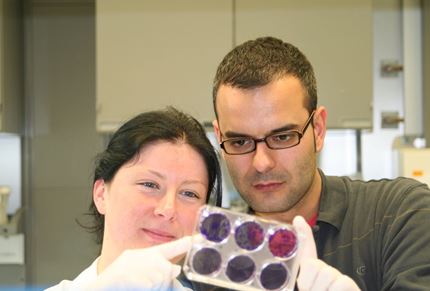Research projects
Starving cancer to stop metastasis
Project aim
Dr Michaela Frye and her team are investigating a way to cut off cancer’s energy supply to prevent or treat cancer metastasis.
Hope for the future
Oral squamous cell carcinoma – the most common form of mouth cancer – has a high tendency to spread or metastasise and less than half of people diagnosed survive for 10 years or more. By studying how cancer cells get the energy they need to grow and spread, Dr Frye hopes to find ways to prevent or treat metastasis and improve survival rates.
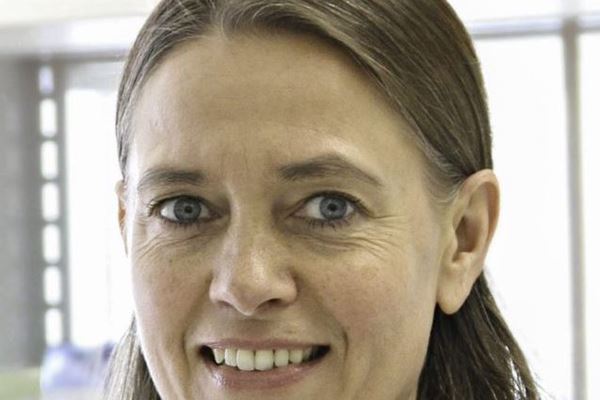
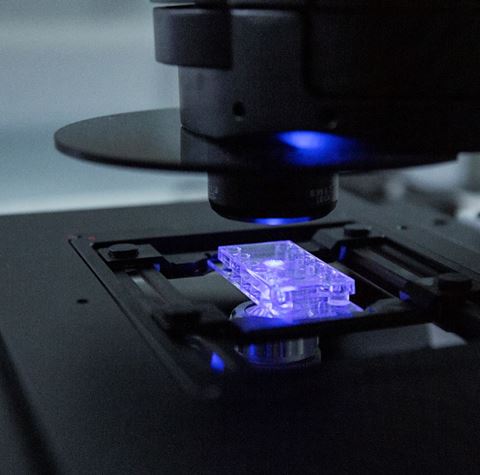
Meet the scientist
Besides science, Dr Michaela Frye enjoys watching stand-up comedy and going to the theatre. She relaxes by going out for a nice dinner and reading one of her favourite authors - Paul Auster.
The science
Metastasis remains one of the main reasons for cancer deaths. Once cancer has spread, only a very small number of patients can be successfully treated with conventional treatments such as surgery, chemotherapy or radiotherapy. There are still many unknowns about how metastasis works, but we know that to successfully colonise other organs, tumour cells must adapt to drastically different environments. The new environment that the tumour cells encounter once they break away from the original tumour, can have different levels of oxygen, energy sources and nutrients available.
This extreme flexibility that tumour cells need during metastasis is largely provided by mitochondria – the “powerhouses” of the cell. Dr Frye and her team are now testing whether stopping mitochondria from providing the required energy to the tumour cells could open new ways to prevent or treat cancer metastasis.
Over the last 15 years my group has studied a group of enzymes that modify RNA molecules. However, evidence that they are important in cancer has only emerged in the last 4 years. My hope is that they are exploited for new therapies within the next 5 years.Dr Michaela Frye
Become a Curestarter and help us fund the next pioneering research project.
Our research projects wouldn't be possible without the funds we receive from people like you. Just £24 can pay for an hour of research.
Support Us
